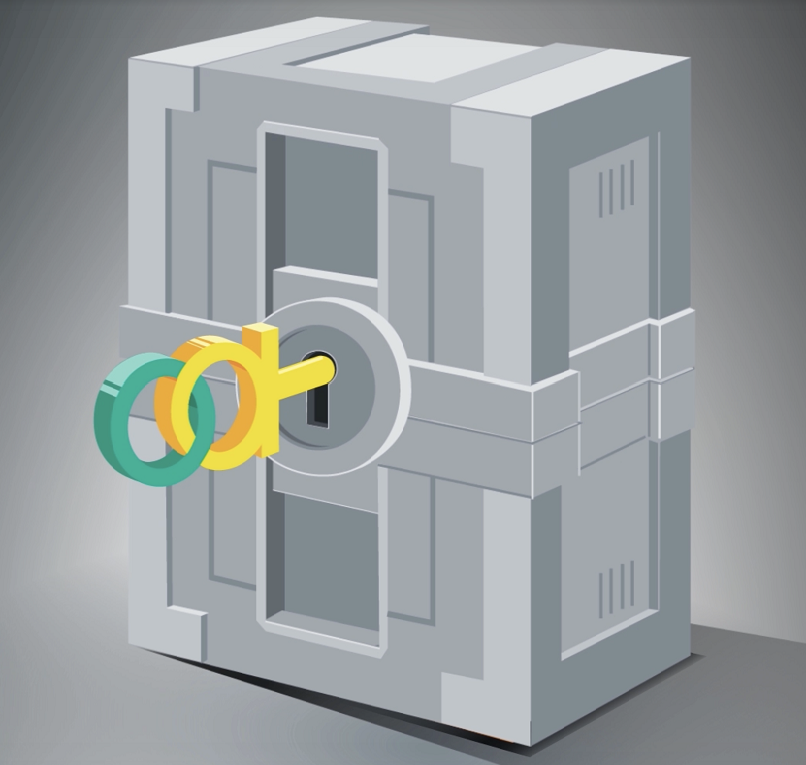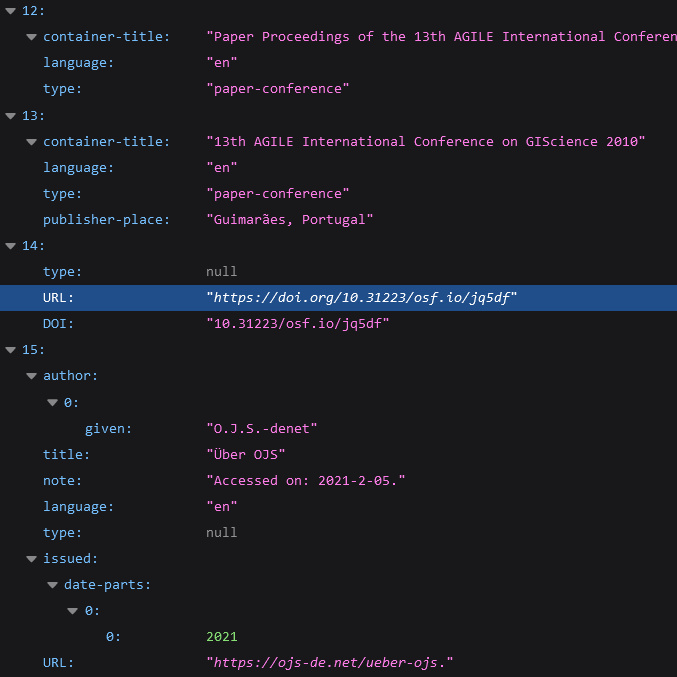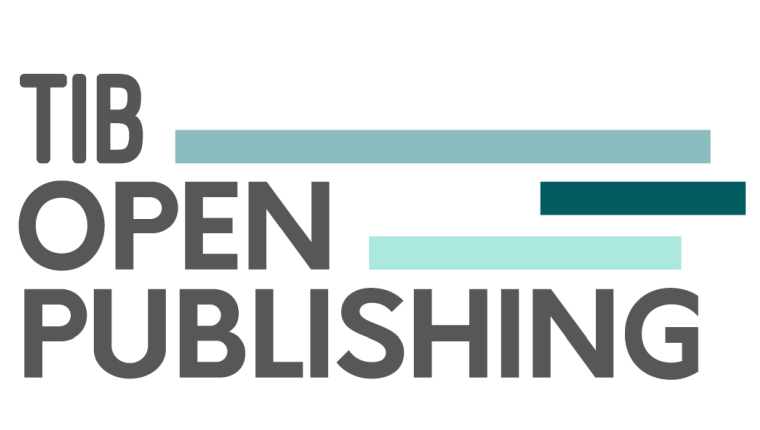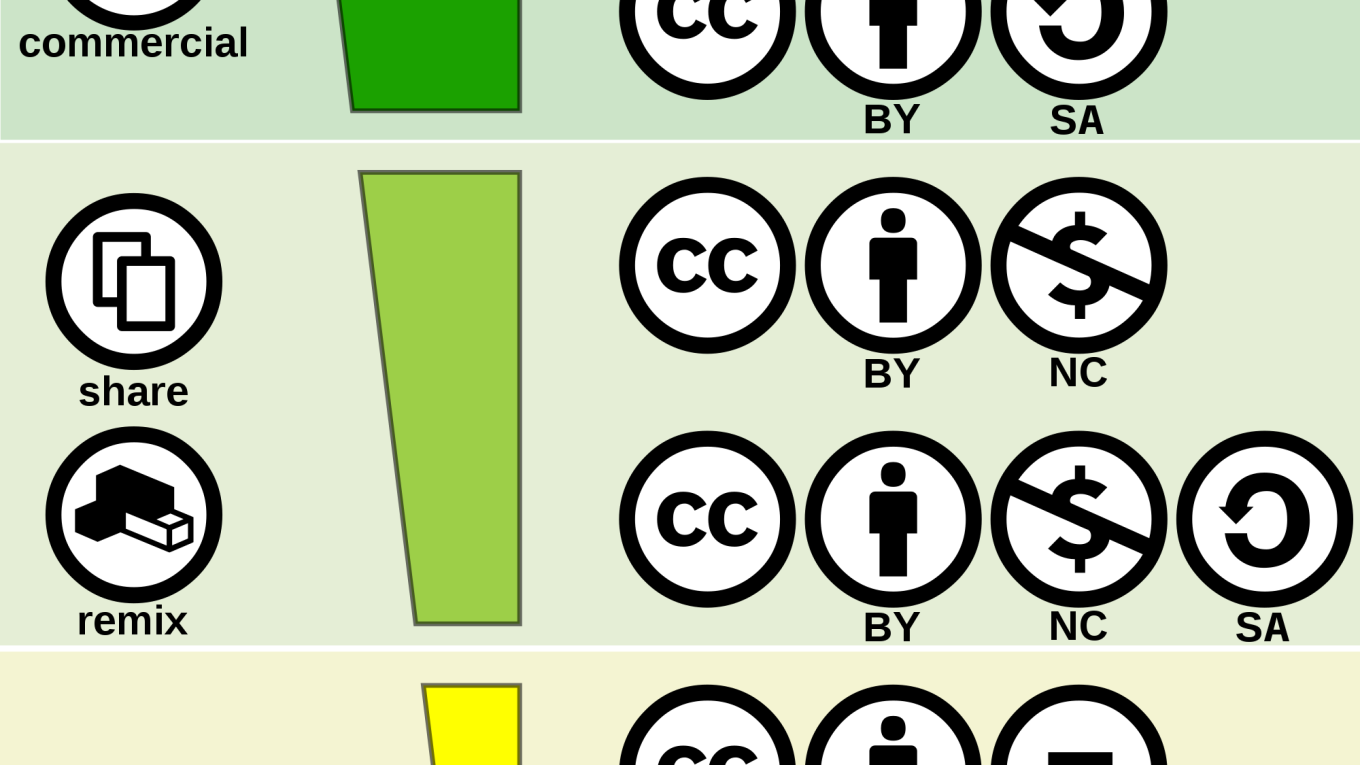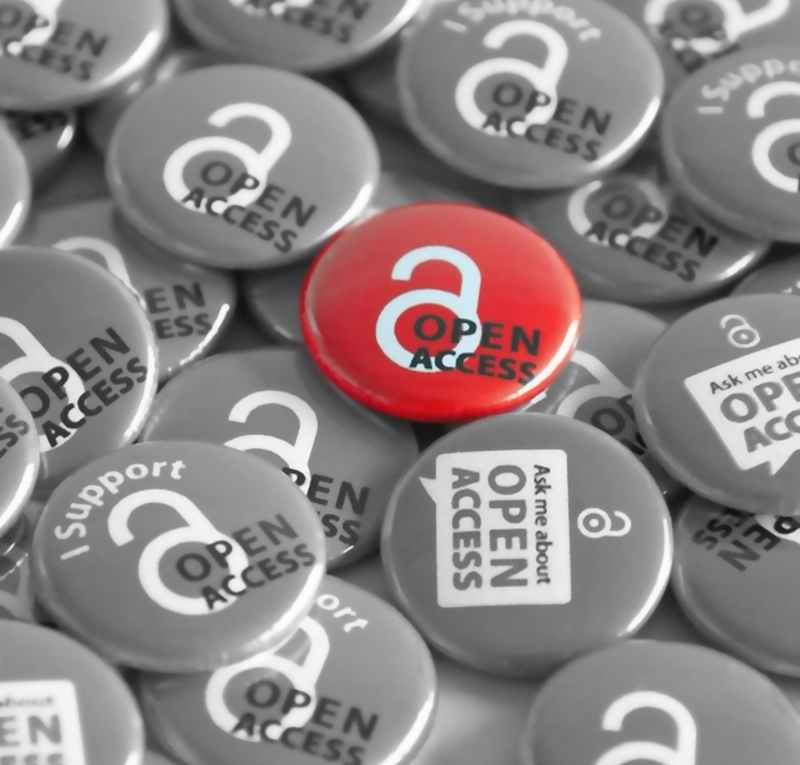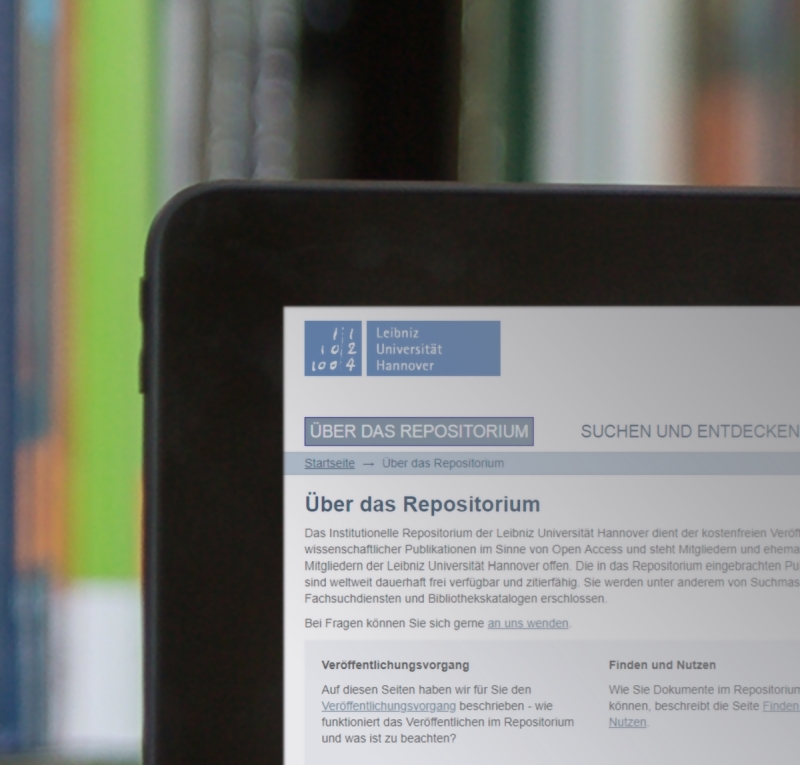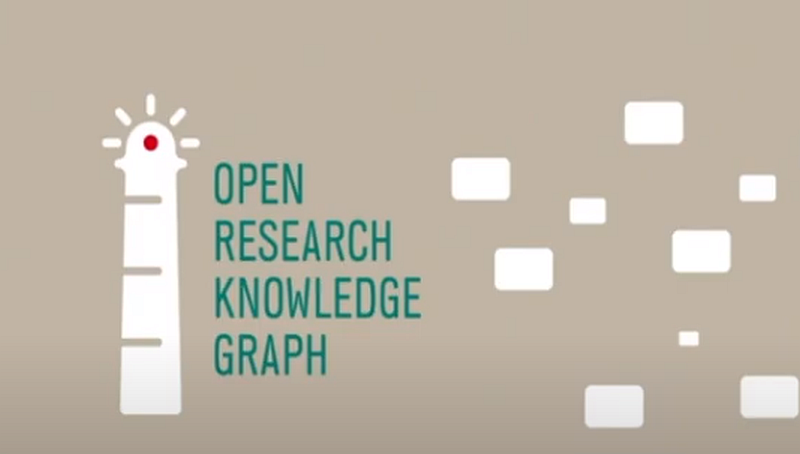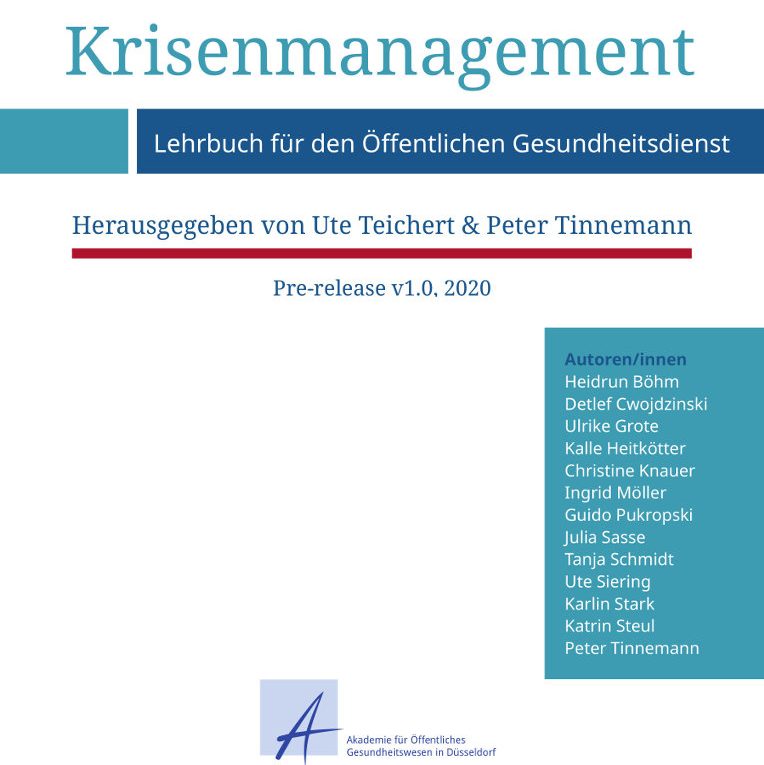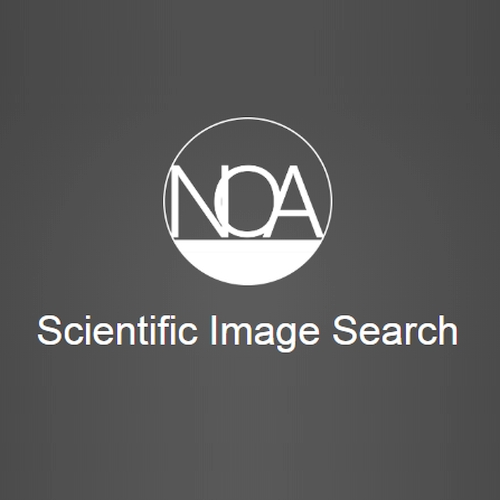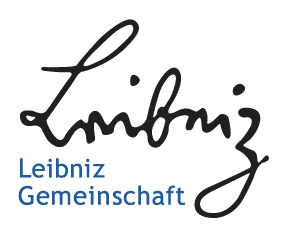Open Access an der TIB: Rückblick 2021
Im Jahr 2021 haben wir an der TIB zwei neue Open-Access-Projekte gestartet und die ersten Konferenzbände über TIB Open Publishing veröffentlicht. Auch in den Repositorien, bei der Open-Access-Finanzierung und -Beratung konnten wir Einiges bewegen. In diesem Beitrag fassen wir die Open-Access-Aktivitäten an der TIB im abgelaufenen Jahr zusammen.
➔
